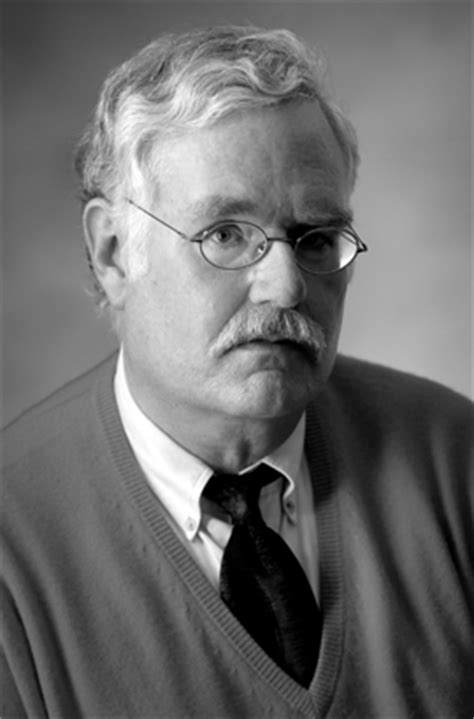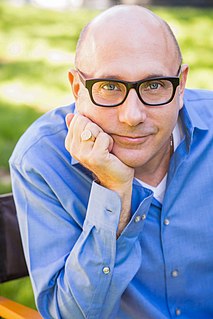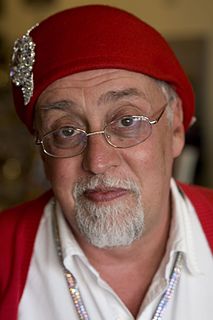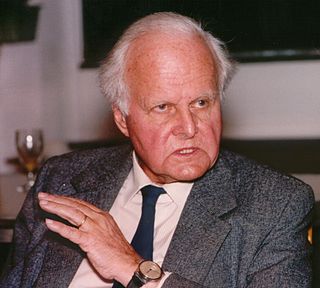A Quote by Percy Williams Bridgman
By far the most important consequence of the conceptual revolution brought about in physics by relativity and quantum theory lies not in such details as that meter sticks shorten when they move or that simultaneous position and momentum have no meaning, but in the insight that we had not been using our minds properly and that it is important to find out how to do so.
Related Quotes
One of the most exciting things about dark energy is that it seems to live at the very nexus of two of our most successful theories of physics: quantum mechanics, which explains the physics of the small, and Einstein's Theory of General Relativity, which explains the physics of the large, including gravity.
By the time 1967 had rolled around, general relativity had been relegated to mathematics departments... in most people's minds, it bore no relation to physics. And that was mostly because experiments to prove it were so hard to do - all these effects that Einstein's theory had predicted were infinitesimally small.
String theory is the most developed theory with the capacity to unite general relativity and quantum mechanics in a consistent manner. I do believe the universe is consistent, and therefore I do believe that general relativity and quantum mechanics should be put together in a manner that makes sense.
I have tried to read philosophers of all ages and have found many illuminating ideas but no steady progress toward deeper knowledge and understanding. Science, however, gives me the feeling of steady progress: I am convinced that theoretical physics is actual philosophy. It has revolutionized fundamental concepts, e.g., about space and time (relativity), about causality (quantum theory), and about substance and matter (atomistics), and it has taught us new methods of thinking (complementarity) which are applicable far beyond physics.
String theory?[pause] It closed the conceptual gulp between relativity and quantum mechanics. It postulates that subatomic particles are not points, but strings, about one planck length long. The rate at which strings vibrate can generate the properties of all known particles. Huh? How did I know that?
A successful unification of quantum theory and relativity would necessarily be a theory of the universe as a whole. It would tell us, as Aristotle and Newton did before, what space and time are, what the cosmos is, what things are made of, and what kind of laws those things obey. Such a theory will bring about a radical shift - a revolution - in our understanding of what nature is. It must also have wide repercussions, and will likely bring about, or contribute to, a shift in our understanding of ourselves and our relationship to the rest of the universe.































